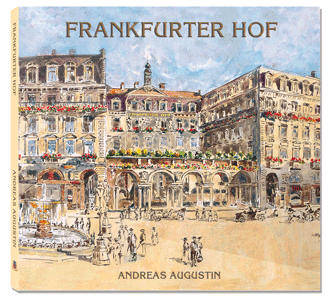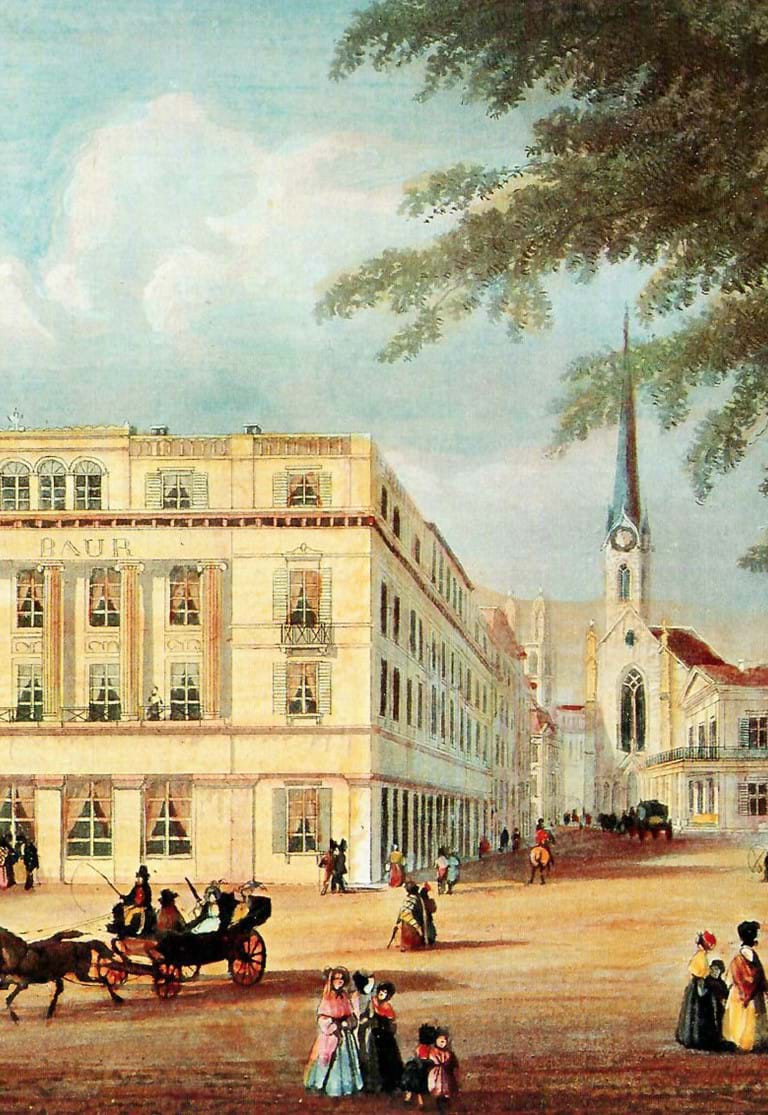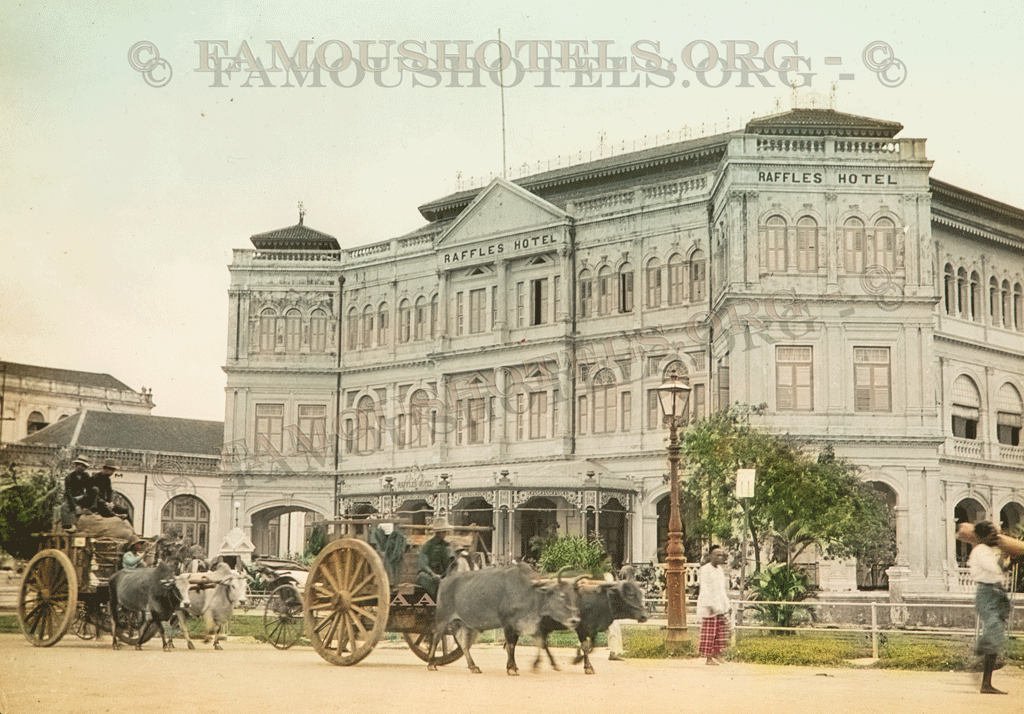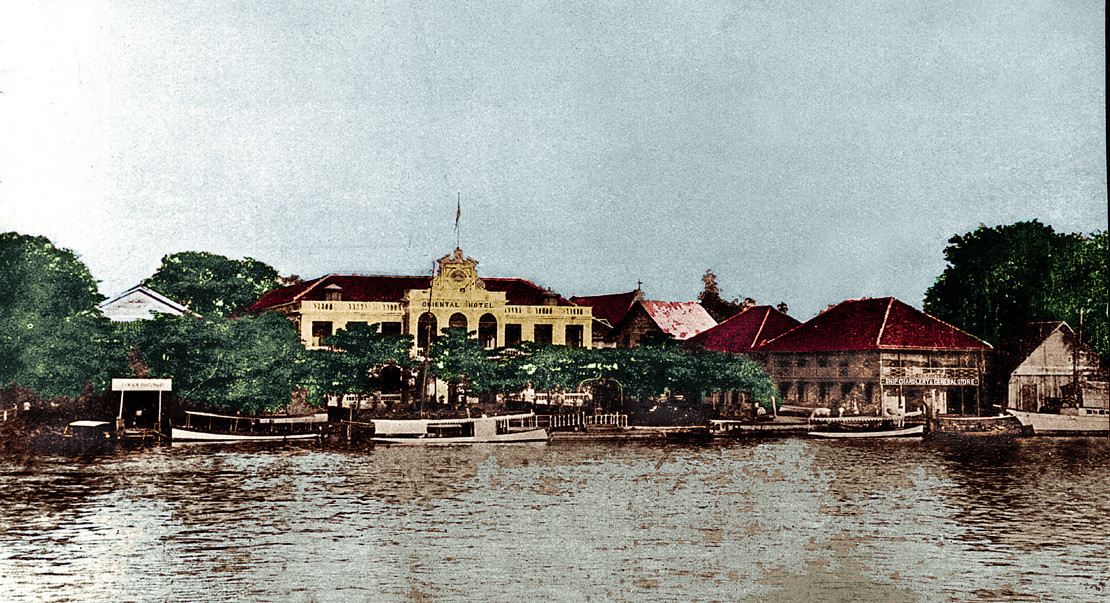Hospitality Law Ukrainie in 1890
( words)
Ukraine:
The law governing hospitality was very strict and not without certain amazing elements.
A special resolution of the Kiev City Duma dated January 1899 ‘On Hotels and Furnished Rooms’ called for the following:
All hotel and furnished room premises intended for use as common halls, cafeterias and buffets, as well as for suites, should be dry, well-lit, warm and no less than four arshyns high (1 arshyn equals 0.71 meters); all of them should have ventilation devices and can only be on above ground floors, not in basements. The corridors in hotels and furnished rooms must be dry, warm and no less than two arshyns in width.
The corridors should not be encumbered with bedding or buffet fixings; they should not serve as a storage place for teapots, chests, linens and other accessories.
Every floor should have warm bathrooms (WC) with good ventilation separate for men and women.
Hotels and furnished rooms should be impeccably tidy and up to standard. The rooms should be cleaned and aired out after every visitor checks out.
Every hotel and furnished room should have a sufficient number of spittoons filled with disinfectants… All rooms should have printed announcements that request lodgers and guests to use the spittoons and not spit on the floor, walls or furniture.
The keepers of hotels and furnished rooms are obligated to ensure that the chamber maids are sober and clean, courteous to the public guests and were not carrying some contagious disease.
An attendant has to be always on duty in the hotel foyer. The main entrance, corridors, stairs, doorways and washrooms should be lit from dusk till dawn.’
The names of lodgers staying in hotels and furnished rooms should be listed on a bulletin board in the foyer of the establishment. The room numbers not having a surname written in next to them should be immediately opened upon the request of the police.
In terms of restaurants in hotels, the following specific warnings were given:
Kitchens in hotels must be spacious, dry, well lit, have a waterproof floor. Walls must be painted with bright oil-based paint. A kitchen cannot serve as a place of accommodation.
In the kitchen the dishware and glassware should be constantly washed and the copper vessels should be well tined. The tables and shelves should be thoroughly washed and any mess should be immediately cleaned up.
The head chef and servants in the kitchen should be dressed in white, pure linen, wearing loose aprons and hats covering their hair fully.
Keeping remaining liquids in glasses or pouring them back into the original bottle is prohibited.
Accumulating and storing prepared tea is prohibited; it must be immediately thrown into the rubbish bin.’
From: Premier Palace, Kyiv, by Andreas Augustin





